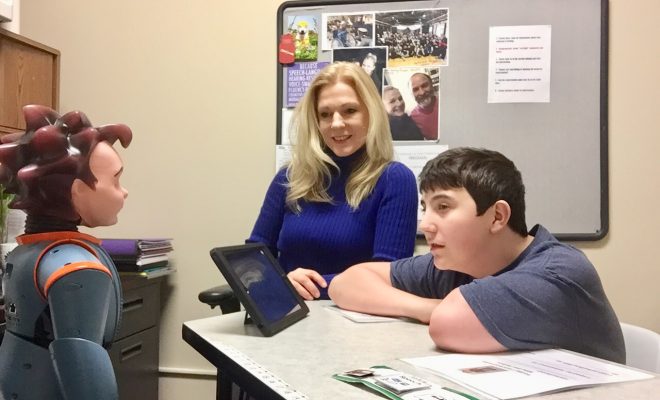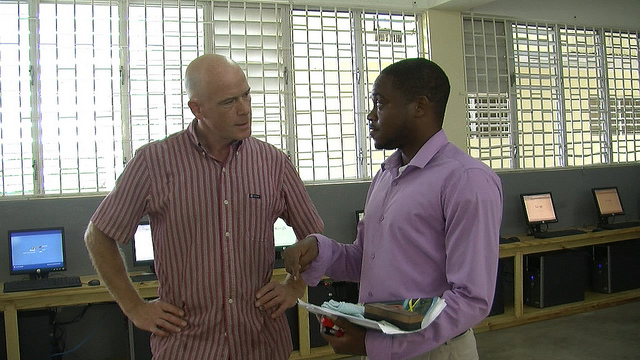Kounin vs. Jones: Dissecting the Battle Between Two Popular Approaches to Classroom Management

When it comes to effectively managing the classroom environment, no one model has pulled ahead as the way to do it. Disciple, desist, reality – and now, Kounin and Jones are all potentially valid approaches. Our past articles have talked about the categorical approaches, but what about the two with names? How do they stack up against each other?
The Kounin Model
Research by Jacob Kounin, who was inspired by William Glasser, found that the difference between teachers is not how they deal with misconduct, but how they prevent it in the first place. His conclusion listed four factors that underlie classroom management success.
First is “with-it-ness,” which refers to the teacher’s alertness and awareness of the classroom at all times. Teachers should let students know that they have the full view of the classroom, and as soon as the teacher spots misbehavior, the teacher indicates visually (with facial expression) to the student that he or she has seen the misbehavior. This is usually enough to stop the behavior without the rest of the class being aware. Although such a look is enough in many cases, some cases will require more action than that, with the teacher addressing the situation with everyone who was involved in the misconduct.
The second factor is “overlapping,” which really is just another word for “multitasking.” When the teacher has divided the class into working groups to look at different topics and activities, this allows teachers to have easy access to every student, provide specific help if needed, and, at the same time, keep an eye on the other students. The “overlapping” of activities in the classroom allows efficiency, and the teacher controls all these activities.
Third is “group focus,” which means getting every student involved and concentrating on the classroom activity. One way of achieving group focus is to attribute a portion of students’ grades to participation. Teachers can ask students questions that are open for anyone to answer. Students will thus all be concentrating and thinking about the question, eager to respond in order to get a good grade. Another method that is often used is randomly selecting students to answer questions. Because they don’t know who will be selected next, and to avoid embarrassment, students’ focus is on their teacher.
The fourth and last factor is “movement management,” which includes momentum and smoothness. Teachers have to ensure that students are continually working and are not sidetracked or distracted. Students can raise their hands if they have questions, and this ensures the smooth flow of the class without interruptions. If the class is held often, another way could be for students to write down questions and/or concerns about the class materials on pieces of paper and turn them in at the end of the session. In the next class, materials can be reviewed, with assistance from the questions previously written down by students. Teachers may also prepare more challenging questions.
The Jones Model
In a 1979 study, Frederick Jones found that nearly 50% of teaching time was wasted due to children’s misbehavior, of which approximately 80% was spent talking in class. Jones suggested that teachers could work on not losing the valuable time by implementing the following techniques: set limits, effective body language, incentive systems, and resourceful help.
Setting limits will help students know what to do in every situation, from small matters like pencil sharpening to big matters like being sick. By setting limits, teachers allow students to find their own ways of dealing with situations without major disruptions to other students. An incentive system concentrates on taking away benefits from students when they misbehave. Efficient help is important because students start to misbehave when they start to fall behind. Jones found that teachers use an average of 4 minutes to discipline students when they misbehave. That, he says, can be reduced significantly (F. Jones, 1979). One of the ways to do this is getting others who are more settled to help the students who are struggling.
None of these methods will work in all cases, so teachers should always have back-up plans such as isolation from class. To learn about other potential approaches you can use, check out our other two articles about models for classroom management.






